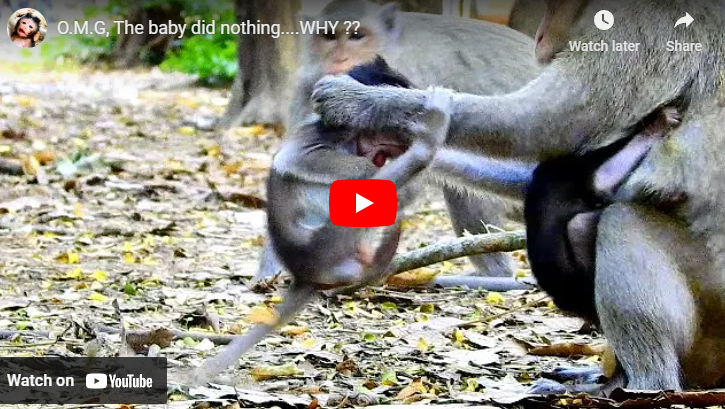
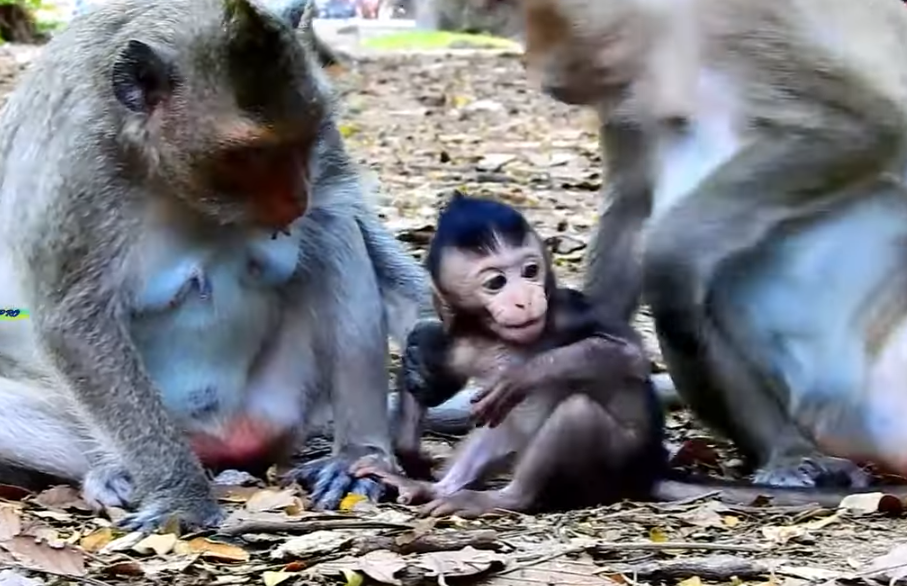
The world can be a confusing and, at times, shocking place, but few things are as unsettling as hearing that a mother has harmed her own child—especially when there appears to be no reason at all. The idea of a mother biting her child is difficult to comprehend. After all, motherhood is synonymous with love, protection, and care. So why would a mother, the very person responsible for nurturing her baby, engage in such an act?
The Shocking Reality
Instances of mothers harming their children are not unheard of, but they are always distressing. When news breaks of a mother biting her baby—seemingly without cause—society collectively gasps in disbelief. The phrase “O.M.G, the baby did nothing… WHY?” captures the outrage and confusion surrounding such an event. How could a mother, the one person the child should trust the most, do something so cruel?
To understand this seemingly irrational behavior, we must examine possible psychological, cultural, and biological explanations.
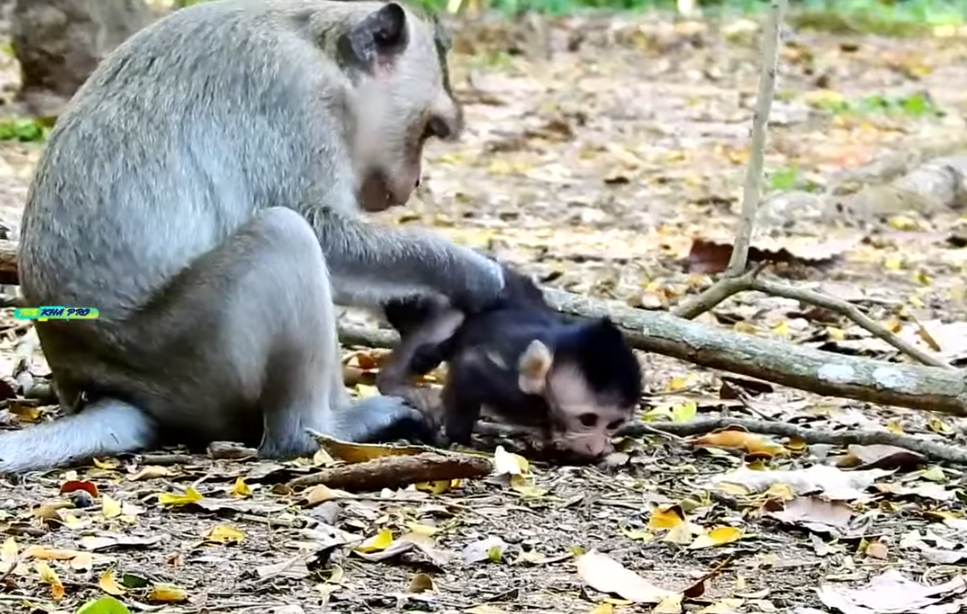
Postpartum Mental Health Issues
One of the most common explanations for maternal aggression or harm toward a child is postpartum mental illness. Many new mothers suffer from conditions such as postpartum depression (PPD) or postpartum psychosis. These disorders can drastically alter a mother’s behavior, making her act in ways that are completely out of character.
Postpartum Depression (PPD): This condition affects about 10–20% of new mothers and can cause feelings of sadness, hopelessness, and detachment from the baby. In extreme cases, it can lead to irrational anger or harmful behavior.
Postpartum Psychosis: This is a much rarer but more severe condition that can cause hallucinations, delusions, and extreme mood swings. A mother experiencing postpartum psychosis may act violently without understanding what she is doing.
If a mother bites her child, it is possible she is experiencing severe postpartum distress and needs immediate medical and psychological intervention.
Impulse Control and Stress
Another potential explanation is a lack of impulse control due to overwhelming stress. Parenting, especially in the early months, is exhausting. Sleepless nights, relentless crying, and the constant demands of an infant can push even the most patient individuals to their breaking points.
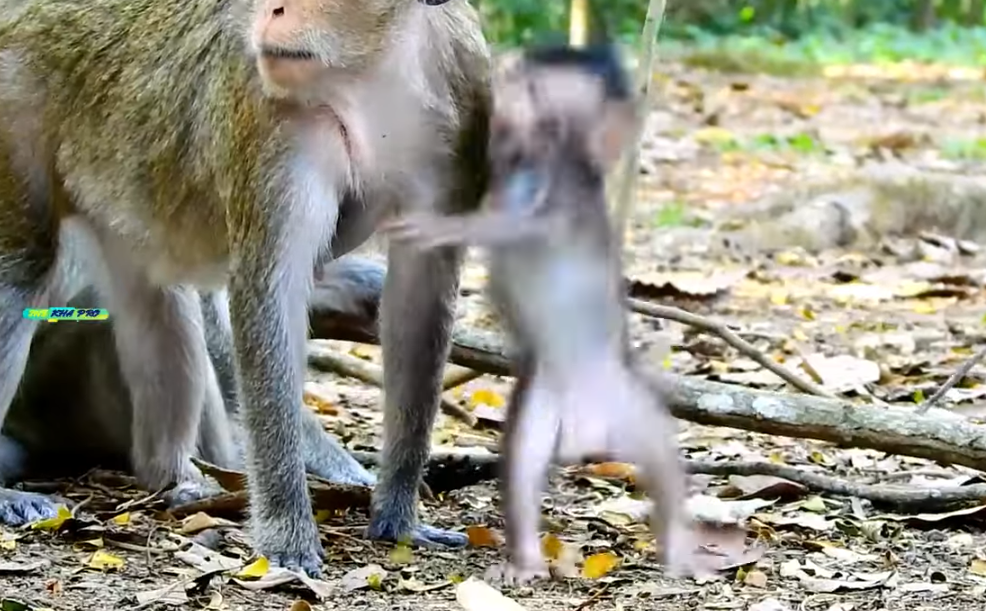
For some mothers, especially those who lack emotional support, stress can manifest in unexpected ways, including sudden aggressive outbursts. While biting is not a common reaction, some people under extreme stress act out physically without intending to harm.
Cultural or Learned Behavior
In some cultures, biting is used as a form of discipline, albeit an inappropriate one. Some parents believe that mimicking a child’s bad behavior—such as biting—teaches them a lesson. While this does not justify the act, it provides insight into how some individuals rationalize such behavior.
Additionally, if the mother was raised in an environment where physical discipline was normalized, she may not realize that biting her baby is not an acceptable form of interaction.
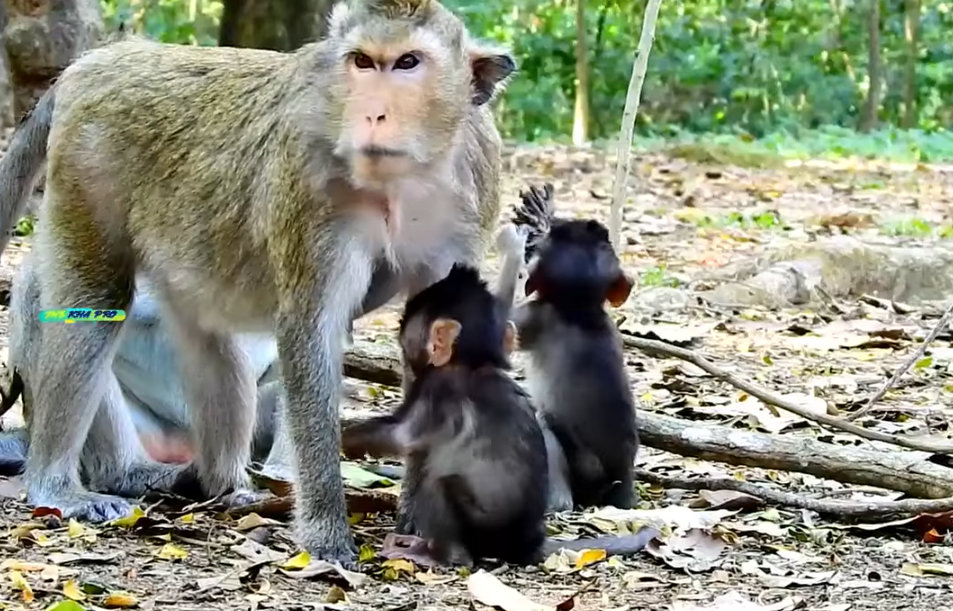
Medical Conditions or Substance Abuse
Certain neurological conditions or substance use can cause aggression or unusual behavior. Disorders affecting impulse control, such as borderline personality disorder (BPD) or bipolar disorder, can lead to sudden, unexplained actions. Similarly, drug or alcohol use can impair judgment and cause erratic behavior.
If a mother has a history of substance abuse or untreated mental illness, these factors could contribute to such alarming behavior.
A Cry for Help
In some cases, mothers who harm their children are signaling distress. They may be suffering from extreme emotional pain, feeling isolated, or struggling with unresolved trauma. While their actions are inexcusable, they may be a symptom of a deeper crisis requiring urgent intervention.
What Can Be Done?
If someone witnesses or suspects child abuse, it is crucial to take immediate action. Here’s what can be done:
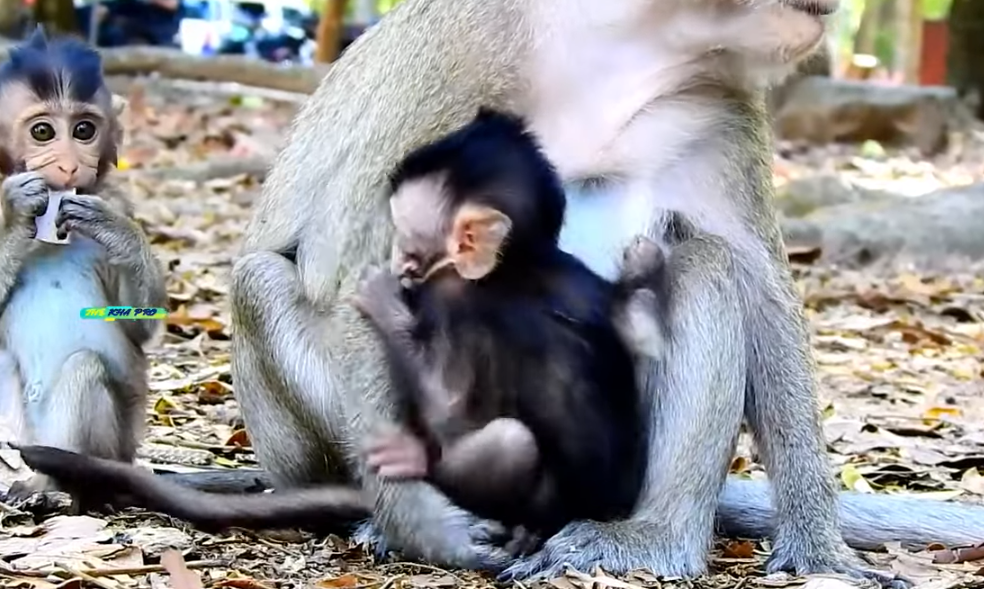
Report the Incident: Authorities should be notified if a child is in danger. Child Protective Services (CPS) or law enforcement can step in to assess the situation.
Provide Support to the Mother: If the mother is suffering from mental illness or stress, professional help may prevent further incidents. Counseling, therapy, and social support can make a significant difference.
Educate About Parenting and Mental Health: Raising awareness about postpartum mental health and non-violent parenting strategies can prevent future cases of child abuse.
Conclusion
The idea of a mother biting her baby for no apparent reason is shocking and unsettling. However, such incidents often stem from deeper issues such as mental illness, stress, cultural influences, or substance abuse. Instead of simply reacting with horror, it is essential to seek answers and solutions to protect both the child and the struggling mother. By recognizing the warning signs and offering support, society can help prevent future tragedies.